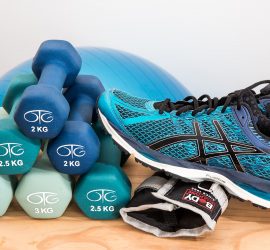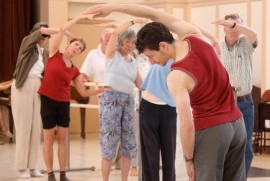A single bout of exercise reduces pain sensitivity in people with Parkinson’s disease
Pain is one of the most troubling impairments of Parkinson’s disease, with up to 85% of people affected (Broen et al., 2012). While exercise has many benefits in assisting people with Parkinson’s disease to optimise their health, balance, strength and mobility, there is limited research exploring the benefits of exercise […]




